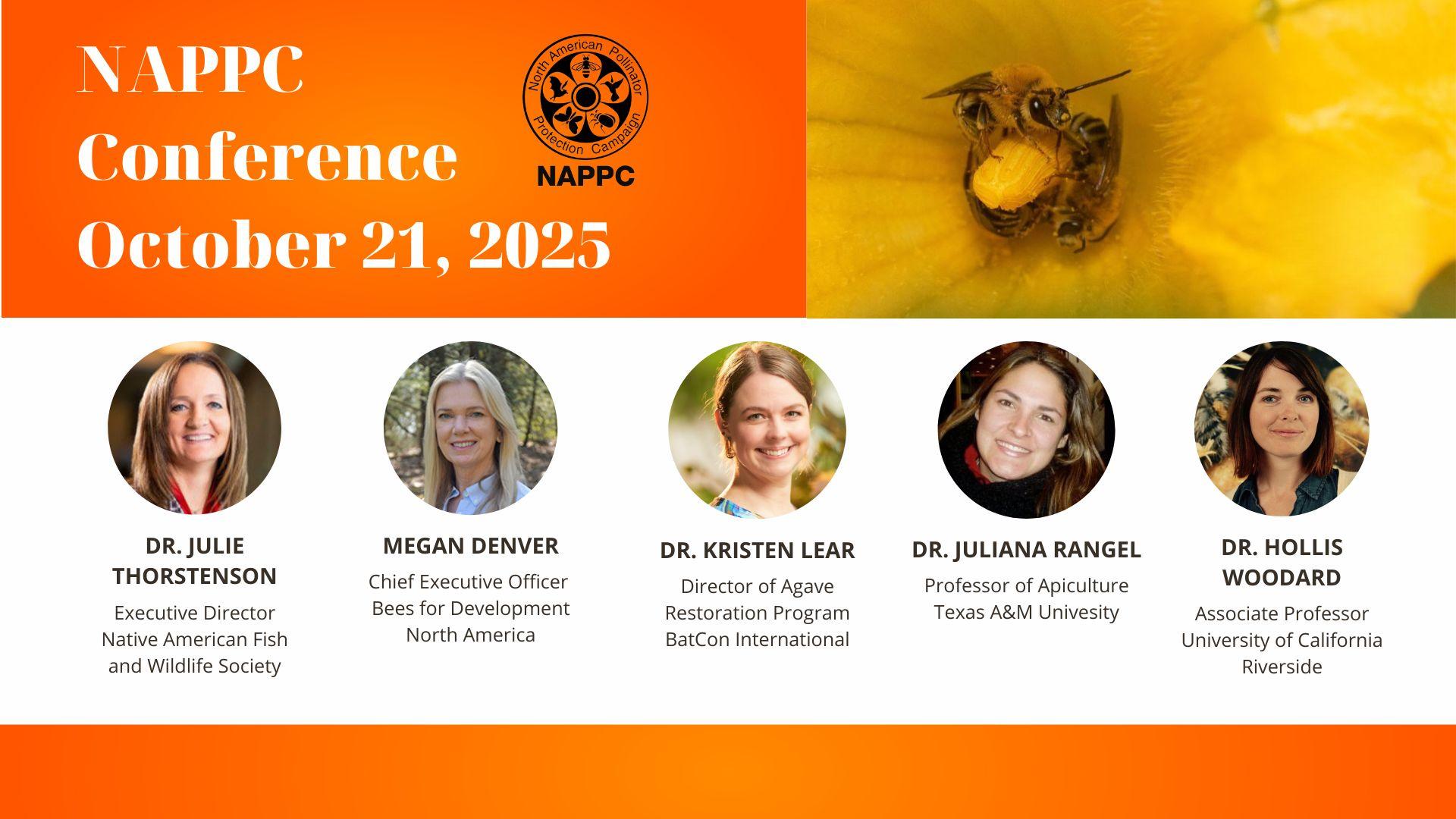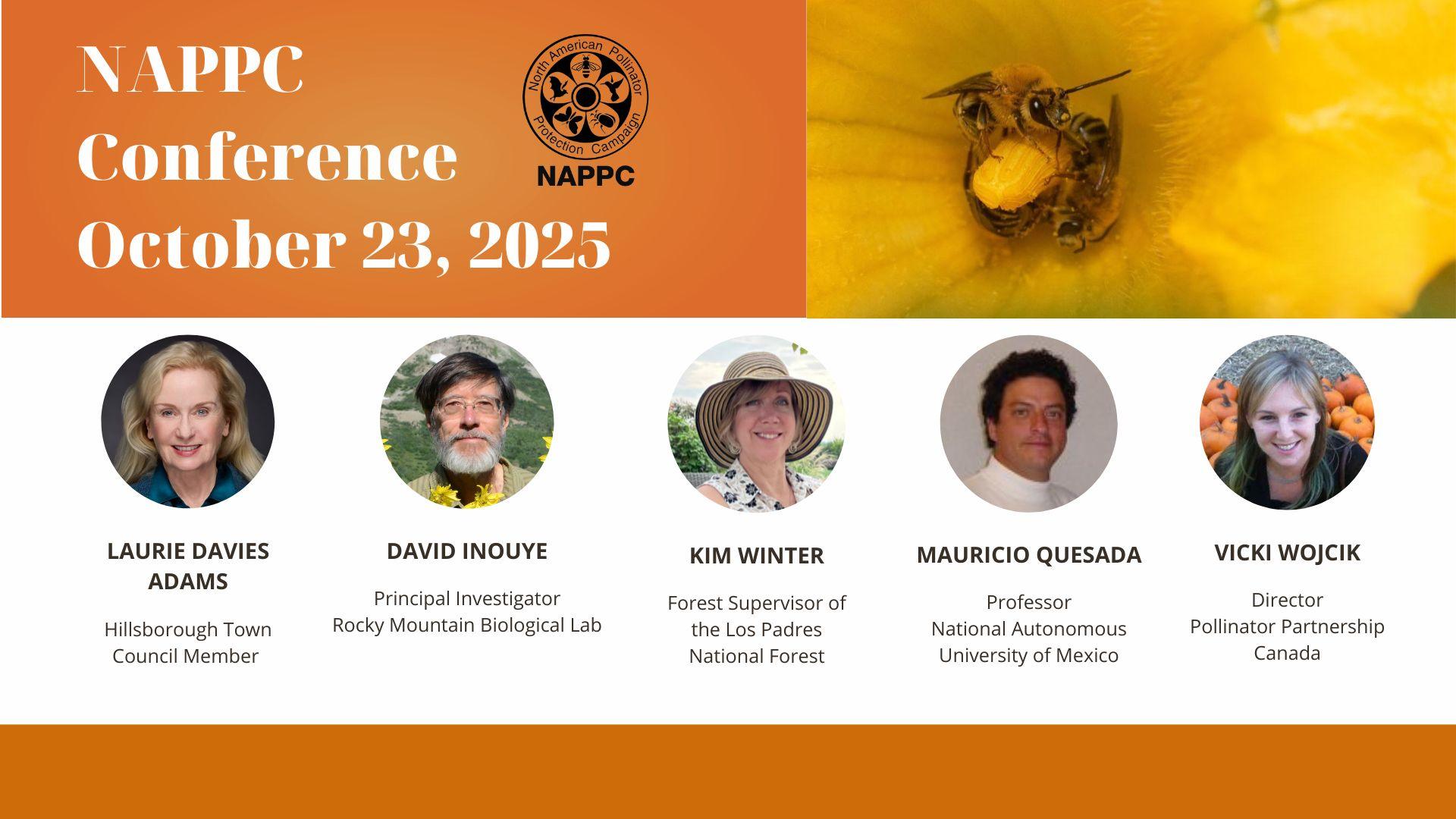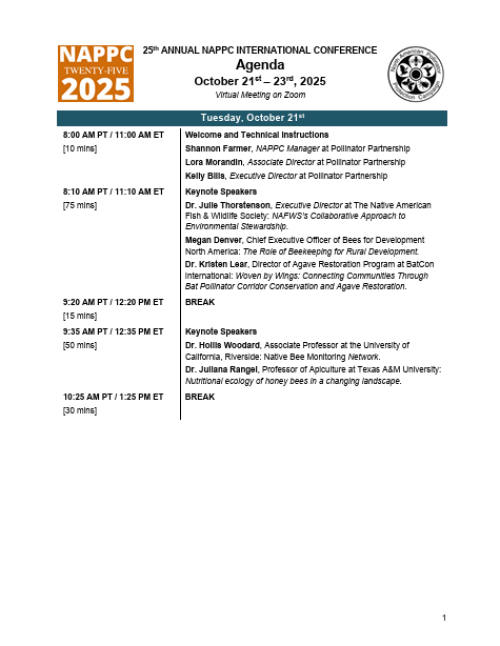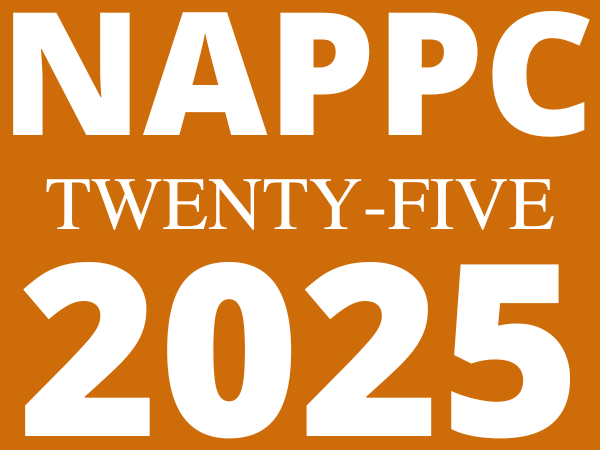25th Annual NAPPC International Conference
Pollinator Partnership is pleased to invite NAPPC Partners to the 25th Annual International North American Pollinator Protection Campaign (NAPPC) Conference, hosted virtually from October 21st to October 23rd, 2025. NAPPC's mission is to encourage the health of resident and migratory pollinating animals in North America. In honor of our theme 'Pollinators Weave Connections', join us anywhere around the world, and engage with our membership virtually.
Conference Agenda
*This is a virtual conference and all activities will take place on Zoom.*
Tuesday, October 21 (open to the public)
NAPPC Keynote Speaker Session
- 8:00 am - 8:10 am PT / 11:00 am - 11:10 am ET - NAPPC/Pollinator Partnership Welcome
- 8:10 am - 9:15 am PT / 11:10 am - 12:15 pm ET - NAPPC Keynote Speakers
- 9:15 am - 9:30 am PT / 12:15 pm - 12:30 pm ET - BREAK
- 9:30 am - 10:20 am PT / 12:30 pm - 1:20 pm ET - NAPPC Keynote Speakers
- 10:20 am - 10:45 am PT / 1:20 pm - 1:45 pm ET - BREAK
NAPPC Awards Ceremony
- 10:45 am - 11:25 am PT / 1:45 pm - 2:25 pm ET - NAPPC Pollinator Advocate Award Winners
- 11:25 am - 11:42 am PT / 2:25 pm - 2:42 pm ET - NAPPC Farmer/Rancher Award Winners
- 11:42 am - 11:52 am PT / 2:42 pm - 2:52 pm ET - NAPPC Electric Power and Roadside Award Winners
- 11:52 am - 12:00 pm PT / 2:52 pm - 3:00 pm ET - Thank you and Closing
Wednesday, October 22 (NAPPC member only session)
- 8:00 am - 8:30 pm PT / 11:00 am - 11:30 am ET - NAPPC Member Welcome and NAPPC 25th Anniversary Celebration
- 8:30 am - 9:20 am PT / 11:30 am - 12:20 pm ET - NAPPC Member Moment presentations
- 9:20 am - 9:50 am PT / 12:30 pm - 12:50 pm ET - BREAK
- 9:50 am - 10:40 am PT / 12:50 pm - 1:40 pm ET - NAPPC Member Moment presentations
- 10:40 am - 12:00 pm PT / 1:40 pm - 3:00 pm ET - NAPPC Task Force Breakout Sessions
Thursday, October 23 (NAPPC member only session)
- 8:00 am - 9:35 pm PT / 11:00 am - 12:35 pm ET - NAPPC Task Force Breakout Sessions
- 9:35 am - 9:55 am PT / 12:35 pm - 12:55 pm ET - BREAK
- 9:55 am - 11:00 am PT / 12:55 pm - 2:00 pm ET - NAPPC Achievements Panel
- 11:00 am - 11:10 am PT / 2:00 pm - 2:10 pm ET - BREAK
- 11:10 am - 11:50 am PT / 2:10 pm - 2:50 pm ET - NAPPC Task Force Present 2025-26 Plans
- 11:50 am - 12:00 pm PT / 2:50 pm - 3:00 pm ET - Thank you and Closing
Keynote Speakers
Dr. Julie Thorstenson, Executive Director, Native American Fish and Wildlife Society
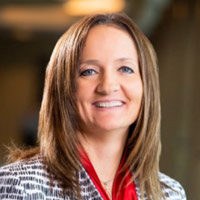
NAFWS’s Collaborative Approach to Environmental Stewardship
Dr. Julie Thorstenson (Lakota) is the Executive Director for the Native American Fish and Wildlife Society. She grew up on a cattle ranch on the Cheyenne River Sioux Reservation in Northcentral SD, where a love for the land and the environment was instilled in her. Dr. Thorstenson earned a B.S., M.S. and PhD in biological sciences from South Dakota State University. Her research focused on cottonwood site selection using GIS for riparian restoration and incorporating culture into ethics education for scientists and engineers. Dr. Thorstenson has worked in Indian Country her entire career in various positions, including Wildlife Habitat Biologist and Health Department CEO for her tribe. She currently lives on the Cheyenne River Sioux Reservation in South Dakota with her husband and three children.
Megan Denver, CEO, Bees for Development
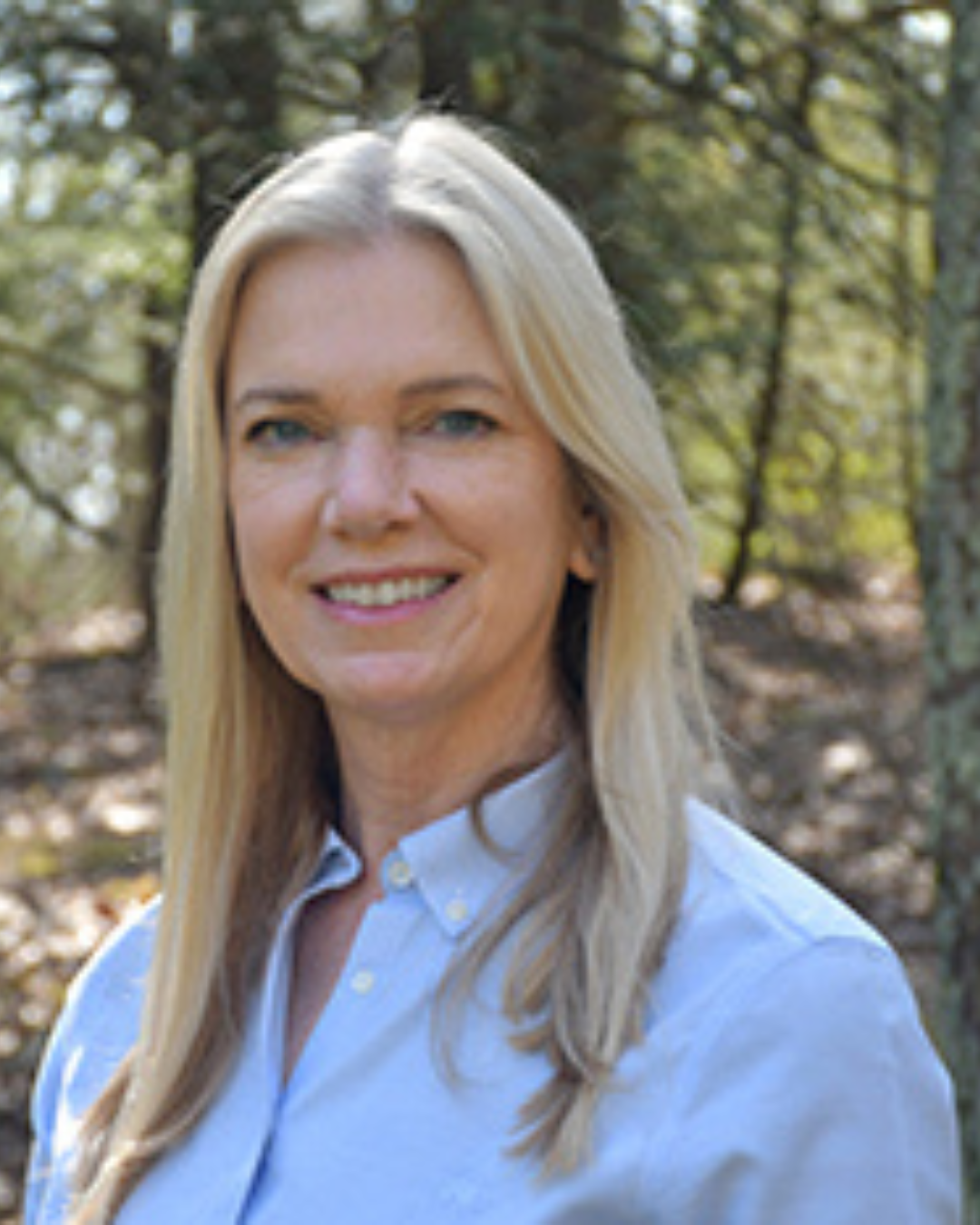
The Role of Beekeeping for Rural Development
Megan Denver has been a beekeeper for more than two decades and has been especially drawn to the way beekeeping can improve livelihoods and strengthen vulnerable communities around the world. She has contributed to projects in many countries, always focusing on practical, low-cost methods that help beekeepers succeed in their own local settings.
Megan serves as Chair of Rural Development at Apimondia, the global federation of beekeeping associations that promotes scientific, ecological, social, and economic advancement in apiculture. She leads Bees for Development North America, which serves as the fundraising arm supporting the international work of Bees for Development to alleviate poverty and protect biodiversity. She also serves on the board of Pollinator Partnership, which works to promote the health of pollinators critical to food systems and ecosystems.
Her background includes hands-on beekeeping and she sees beekeeping as a powerful tool to build resilient communities and protect the environment.
Dr. Kristen Lear, Agave Restoration Program Director, Bat Conservation International
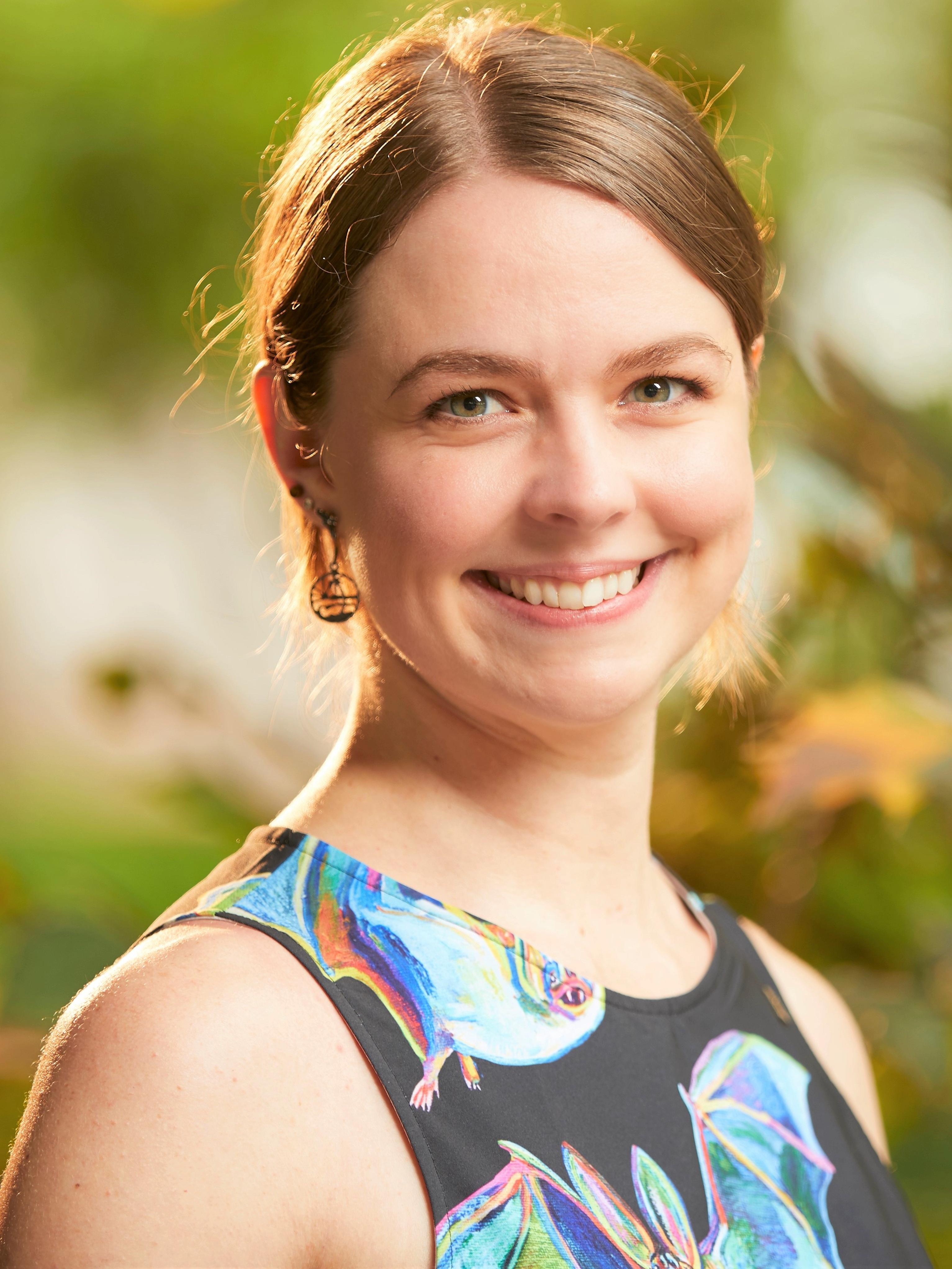
Woven by Wings: Connecting Communities Through Bat Pollinator Corridor Conservation and Agave Restoration
Dr. Kristen Lear is a bat conservationist dedicated to developing impactful, equitable, and lasting solutions to bat conservation challenges through community-based conservation, collaborative partnerships, and public engagement. With over 15 years of global experience in bat conservation, research, and education, she is currently the Director of Bat Conservation International’s large landscape-scale Agave Restoration Initiative. In this role, she leads bi-national efforts to restore foraging habitat for endangered nectar-feeding bats and support sustainable livelihoods in the U.S. Southwest and Mexico. Dr. Lear earned a B.A. in Zoology from Ohio Wesleyan University, where she studied the pest control services of bats in Texas pecan orchards. As a 2011 Fulbright Scholar, Kristen researched the critically endangered Southern bent-wing bat in South Australia. In 2020, she earned a Ph.D. in Integrative Conservation and Forestry and Natural Resources from the University of Georgia, where she combined natural and social science approaches to advance conservation of the endangered Mexican long-nosed bat in northeast Mexico. Dr. Lear is a founding member of the Nivalis Conservation Network and co-led the revision of the Mexican long-nosed bat Species Status Assessment and Recovery Plan. She serves on the North American Pollinator Protection Campaign Steering Committee and the Human Dimensions of Bat Conservation Working Group (IUCN SSC Bat Specialist Group). Dr. Lear is passionate about bat outreach. An award-winning public speaker, she has given over 220 public presentations and has appeared on podcasts, radio, National Geographic’s stage, and CBS’s Mission Unstoppable TV show. She serves as an IF/THEN Ambassador with the American Association for the Advancement of Science promoting women and girls in STEM, and is a Lifetime Member of Girl Scouts.
Juliana Rangel, Professor of Apiculture at Texas A&M University
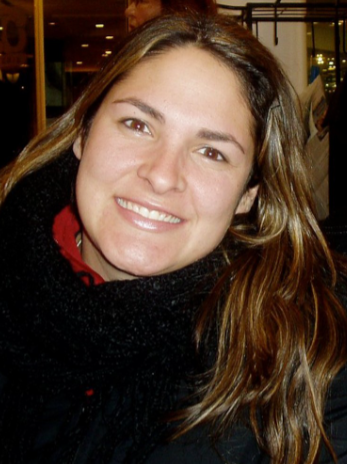
Nutritional ecology of honey bees in a changing landscape
Born in Colombia, South America, Juliana obtained a B.S. in Ecology, Behavior, and Evolution in 2004 from the University of California, San Diego. In 2010 she obtained a Ph. D. in Neurobiology and Behavior from Cornell University in Ithaca, NY. She was an NSF Postdoctoral Research Fellow from 2010 to 2013 at North Carolina State University. In January 2013, Juliana became Assistant Professor of Apiculture in the Department of Entomology at Texas A&M University (TAMU) in College Station, TX. She was promoted to the rank of Associate Professor with tenure in 2018 and Professor in 2023. Her research program focuses on the biological and environmental factors that affect the reproductive quality of honey bees (Apis mellifera), the behavioral ecology and population genetics of feral honey bee colonies, and the quality and diversity of honey bee nutrition in a changing landscape. She is an active member of the Texas Beekeepers Association and has been invited to speak at dozens of scientific conferences and beekeeping association meetings across the USA and internationally. She teaches the courses Honey Bee Biology, Introduction to Beekeeping, and Professional Grant and Contract Writing. Since 2014 she has been the coach of TAMU’s undergraduate and graduate teams of the Entomology Games at the branch and national games of the Entomological Society of America (ESA), earning first and second place nationally four years in a row. She was the 2023-2024 President of ESA’s Southwestern Branch and is the past elected chair of the National ESA’s Diversity and Inclusion Committee. She previously served as the elected chair of her department’s Faculty Advisory Committee and has been part of several committees at the departmental, college, and university levels. Most recently, she received the 2024 Association of Former Students Award for Teaching Excellence, College Level,
TAMU, the 2023 Vice Chancellor’s Award for Excellence in Teaching for Tenured-Tenure Track Faculty, Texas A&M AgriLife-COALS, TAMU, and the 2023 Distinguished Achievement Award in Teaching from the Southwestern Branch of the ESA. In 2021 she received the James I. Hambleton Memorial Award, which was established by the Eastern Apicultural Society of North America to recognize research excellence in apiculture. She also received the 2020 John G. Thomas Award for Meritorious Service from the Texas Beekeepers Association for her contributions to the apiculture industry in the state. She received the 2019 Dean’s award for Excellence in Diversity and the 2016 Dean’s award for Excellence in Early Career Research from TAMU’s College of Agricultural and Life Sciences. She also received the 2018 Outstanding Achievement in Mentoring award from the Entomology Graduate Student Association. She was 2014 President and 2013 Vice-President of the American Association of Professional Apiculturists.
Dr. Hollis Woodard, Associate Professor at University of California, Riverside
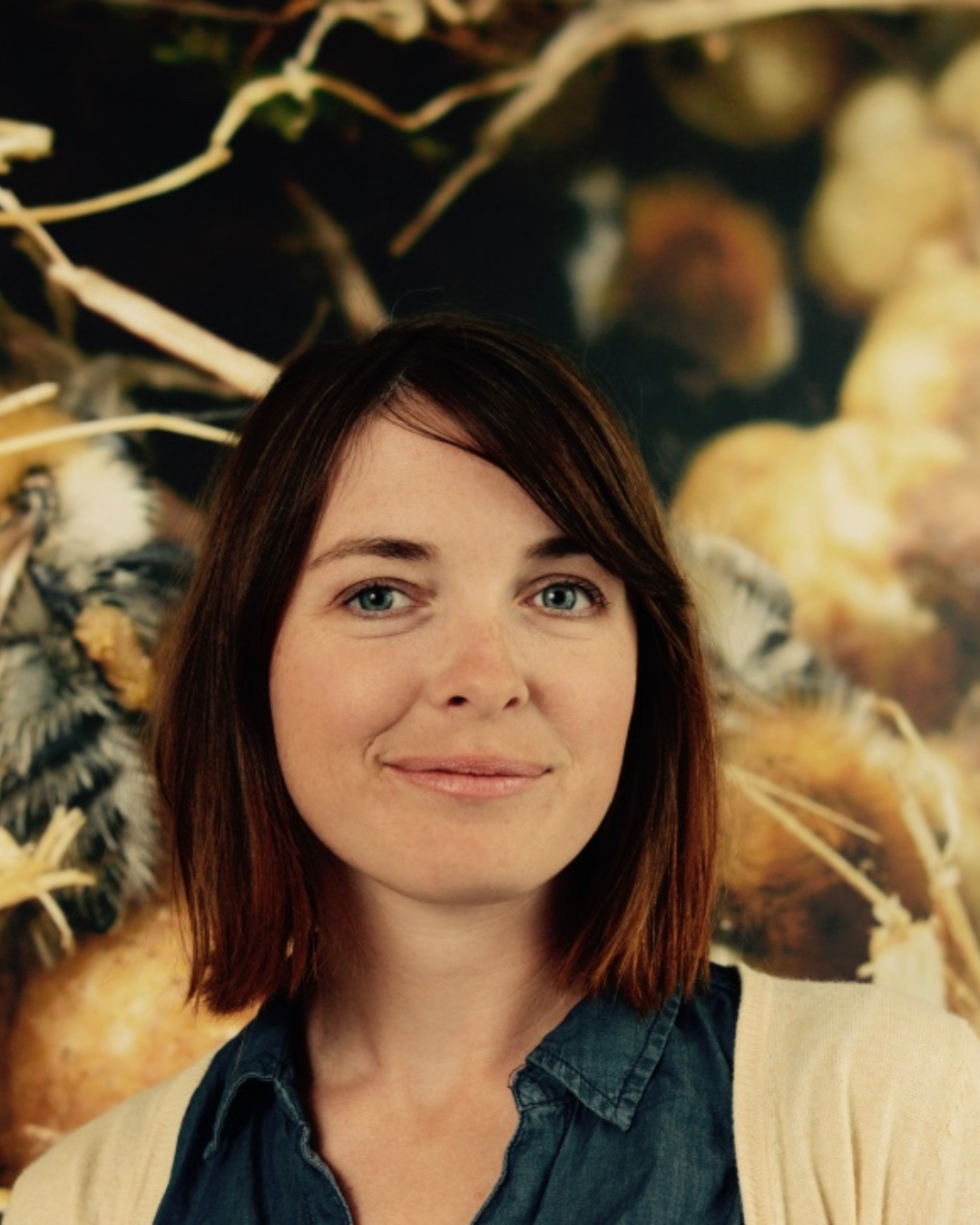
Native Bee Monitoring Network
Hollis is an Associate Professor of Entomology at the University of California, Riverside and PI of the US National Native Bee Monitoring Research Coordination Network. She received a PhD in Biology in 2012 from the University of Illinois at Urbana-Champaign, where she worked with Dr. Gene Robinson on the molecular basis of social evolution in bees. From 2013-2015 she was a USDA-NIFA Postdoctoral Fellow working on the nutritional ecology of bumble bees with Dr. Shalene Jha at the University of Texas at Austin. In summer 2015, she joined the faculty at the University of California, Riverside. She is broadly interested in native bee ecology, evolution, social behavior, and conservation.
Ground Rules
The following ground rules provide a statement of how NAPPC Members should work together during annual conferences and ongoing task force activities. These ground rules have been reviewed and approved by the Steering Committee. We request that you carefully review these prior to participation in NAPPC.
COMMUNICATION AMONG PARTICIPANTS
The success of all collaborative activities depends upon open communication and cooperation. Therefore, the following guidelines apply to NAPPC member participation:
- NAPPC is a forum to find common ground, creating positive progress towards the NAPPC Mission. Please disagree respectfully during discussions and recognize that not all perspectives will be the same. The goal is to focus on areas of shared interest and to table contentious sticking points.
- Each person is asked to engage in discussions by sharing thoughts and actively listening to others. The Task Force Chair(s) will ensure that all participants who want to contribute to discussions are allowed the time to do so. Therefore, participants are requested not to dominate the discussions and lead the group off topic; if this occurs the Task Force Chair(s) will intervene to ensure all parties have a chance to speak and that discussions remain relevant.
- Be empathetic and assume good intent from fellow NAPPC participants. Members should feel comfortable working collaboratively and openly. Please create common understanding by clarifying technical terms and acronyms.
- Any concerns about the conduct of the deliberations or the issues being discussed should be brought to the attention of the Task Force Chair(s) or the Steering Committee Members to ensure that the meetings are effective and positive.
- It is the policy of NAPPC to hear all member or public complaints and concerns. Any grievance regarding the conduct of the deliberations or the issues being discussed should be brought to the attention of the Task Force Chair(s) or the Steering Committee Members to ensure that the meetings are effective and positive. Grievances can be submitted through the link below.
FAQ
How do I or my organization become a NAPPC Partner? To become a NAPPC Partner and join us at the Conference, submit a brief application by going to https://form.jotform.com/82567....
How do I or my organization become a NAPPC Sponsor? To sponsor NAPPC, please go to pollinator.org/nappc/sponsor and fill out the payment information with your desired level of sponsorship.
MEDIA
Members of the press, please email nappc@pollinator.org for more information.
ADDITIONAL QUESTIONS
Please call Shannon at 415.362.1137 or email nappc@pollinator.org with any questions. Thank you and we look forward to seeing you at the 25th Annual NAPPC International Conference!

